National Council on Alcohol and Drug Dependency

Overview
National Council on Alcohol and Drug Dependency is an accredited substance abuse treatment center that provides outpatient detoxification, for men and women from 18+ years of age. As part of their special programs, National Council on Alcohol and Drug Dependency treats clients with hiv or aids, pregnant/postpartum women, and active duty military. To help patients achieve sobriety, National Council on Alcohol and Drug Dependency provides intake assessments. Afterward, patients receive 12-step facilitation, group counseling, and trauma-related counseling during treatment. National Council on Alcohol and Drug Dependency is located in Los Angeles, California, providing treatment for people in Los Angeles County, accepting access to recovery (atr) voucher, cash or self-payment, and state-financed health insurance plan other than medicaid.
National Council on Alcohol and Drug Dependency at a Glance
Payment Options
- Access to Recovery (ATR) Voucher
- Cash or self-payment
- State-financed health insurance plan other than Medicaid
- Sliding fee scale (fee is based on income and other factors)
Assessments
- Comprehensive mental health assessment
- Comprehensive substance use assessment
Age Groups
- Adults
- Children/adolescents
- Young adults
Operation
- Private for-profit organization
Highlights About National Council on Alcohol and Drug Dependency
6.77/10
With an overall rating of 6.77/10, this facility has following balanced range of services. Alcohol Rehabilitation: 8.00/10, Drug Rehab and Detox: 6.00/10, Insurance and Payments: 6.00/10, Treatment Options: 7.09/10.-
Alcohol Rehabilitation 8.00
-
Treatment Options 7.09
-
Drug Rehab and Detox 6.00
-
Insurance and Payments 6.00
Accreditations
SAMHSA certification for opioid treatment program (OTP):
SAMHSA's Opioid Treatment Programs (OTP) Accreditation is a rigorous recognition process, signaling an OTP's commitment to high-quality care for those with opioid use disorders. It assures patients, families, and the community that the program adheres to evidence-based practices, maintains a safe environment, and employs qualified staff. This accreditation represents a commitment to addressing the opioid epidemic and promoting recovery, symbolizing quality and accountability in opioid addiction treatment.
State department of health:

Government agencies issue State Licenses, which grant rehabilitation organizations permission to conduct their operations lawfully within specific geographic regions. Licenses needed to operate are typically determined by the type of rehabilitation program offered by the facility and its physical location.
Treatment At National Council on Alcohol and Drug Dependency
Treatment Conditions
- Mental health treatment
- Alcoholism
- Opioid Addiction
- Substance use treatment
- Co-occurring Disorders
Care Levels
- Intensive outpatient treatment
- Detoxification
- Aftercare
- Outpatient
Treatment Modalities
- 12-step facilitation
- Group counseling
- Trauma-related counseling
- Individual psychotherapy
- Family counseling
Ancillary Services
Languages
- Spanish
Special Programs
- Clients with HIV or AIDS
- Pregnant/postpartum women
- Active duty military
- Clients who have experienced trauma

Additional Locations
Get Help Now
Common Questions About National Council on Alcohol and Drug Dependency
Contact Information
Other Facilities in Los Angeles
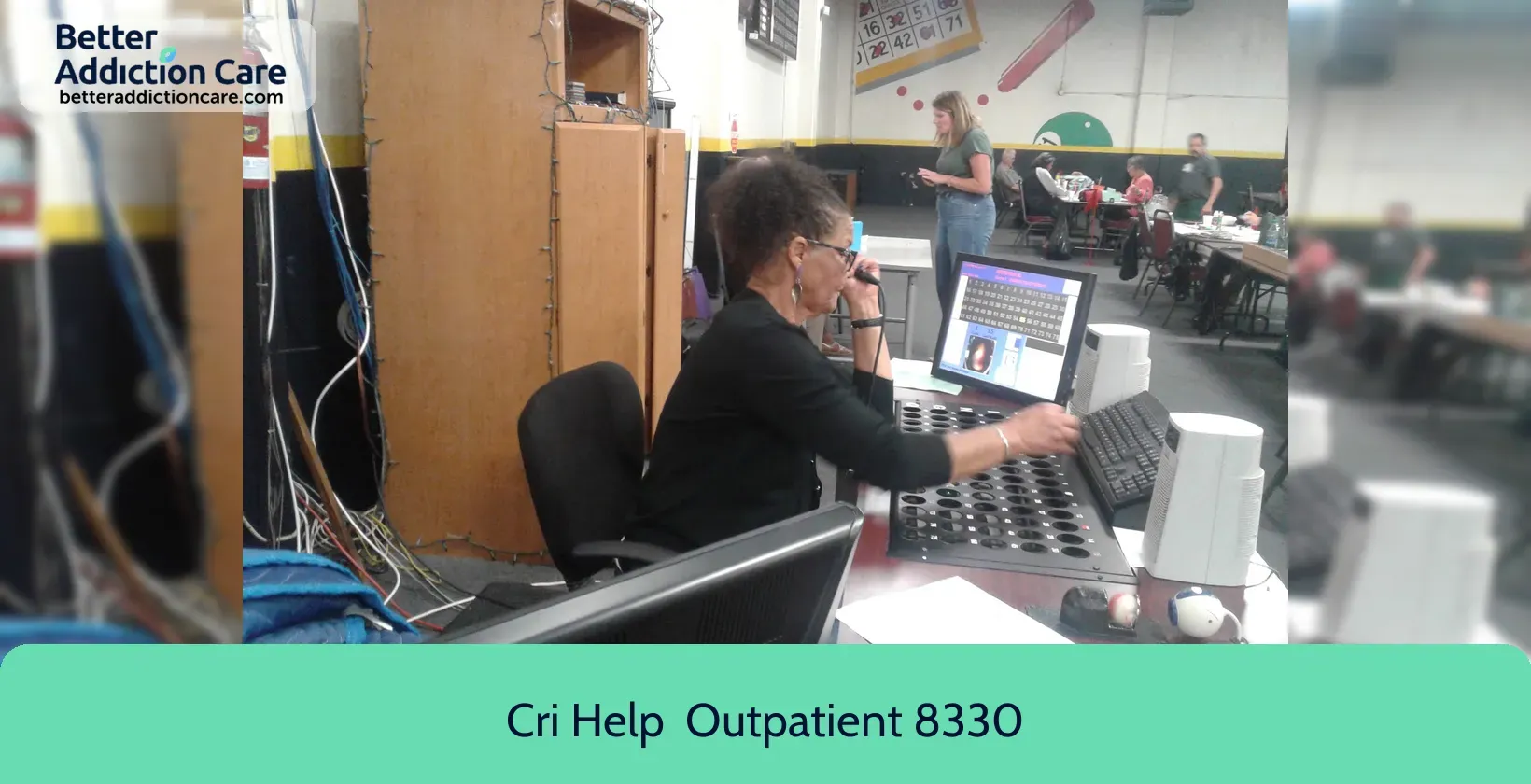
6.85
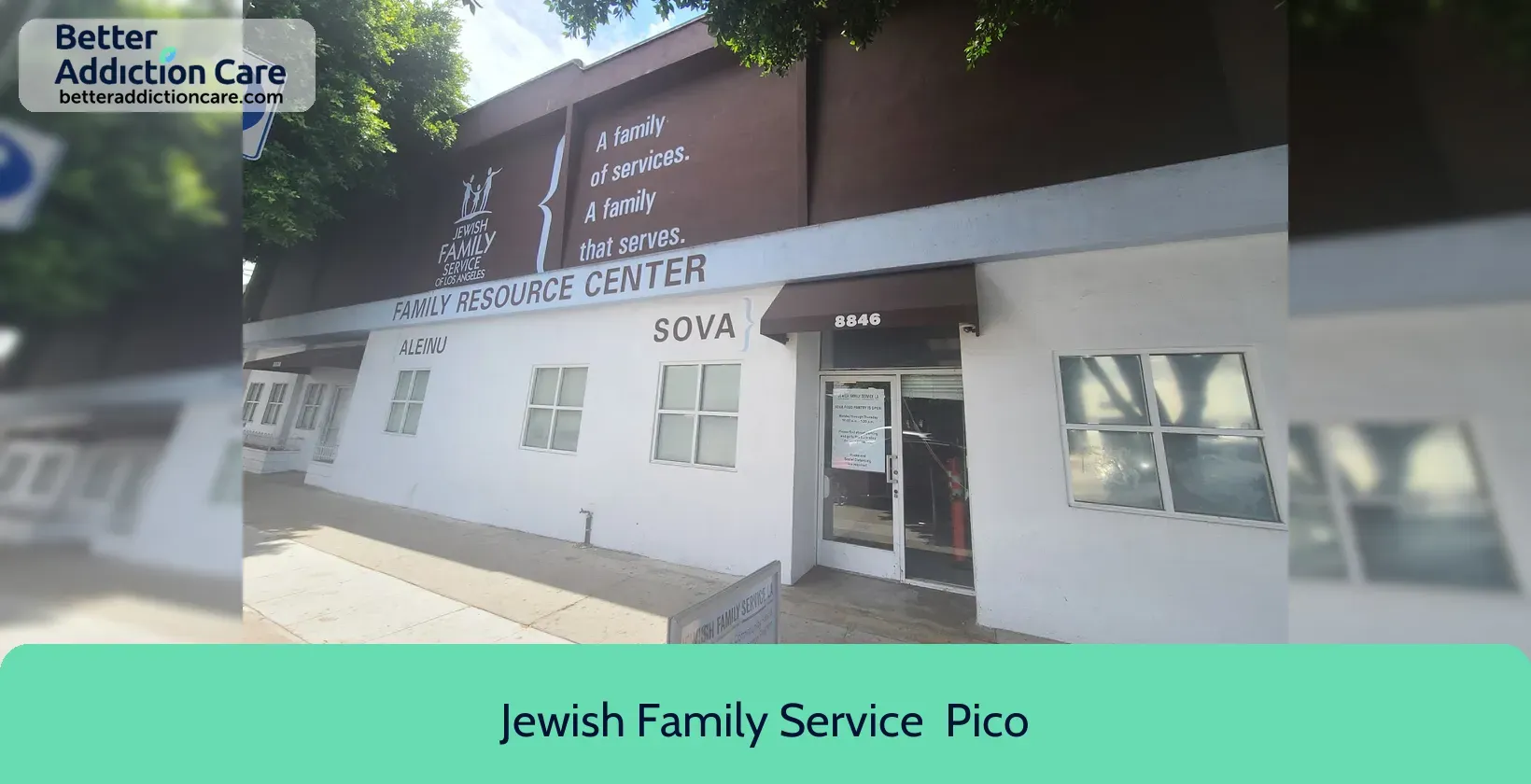
6.94
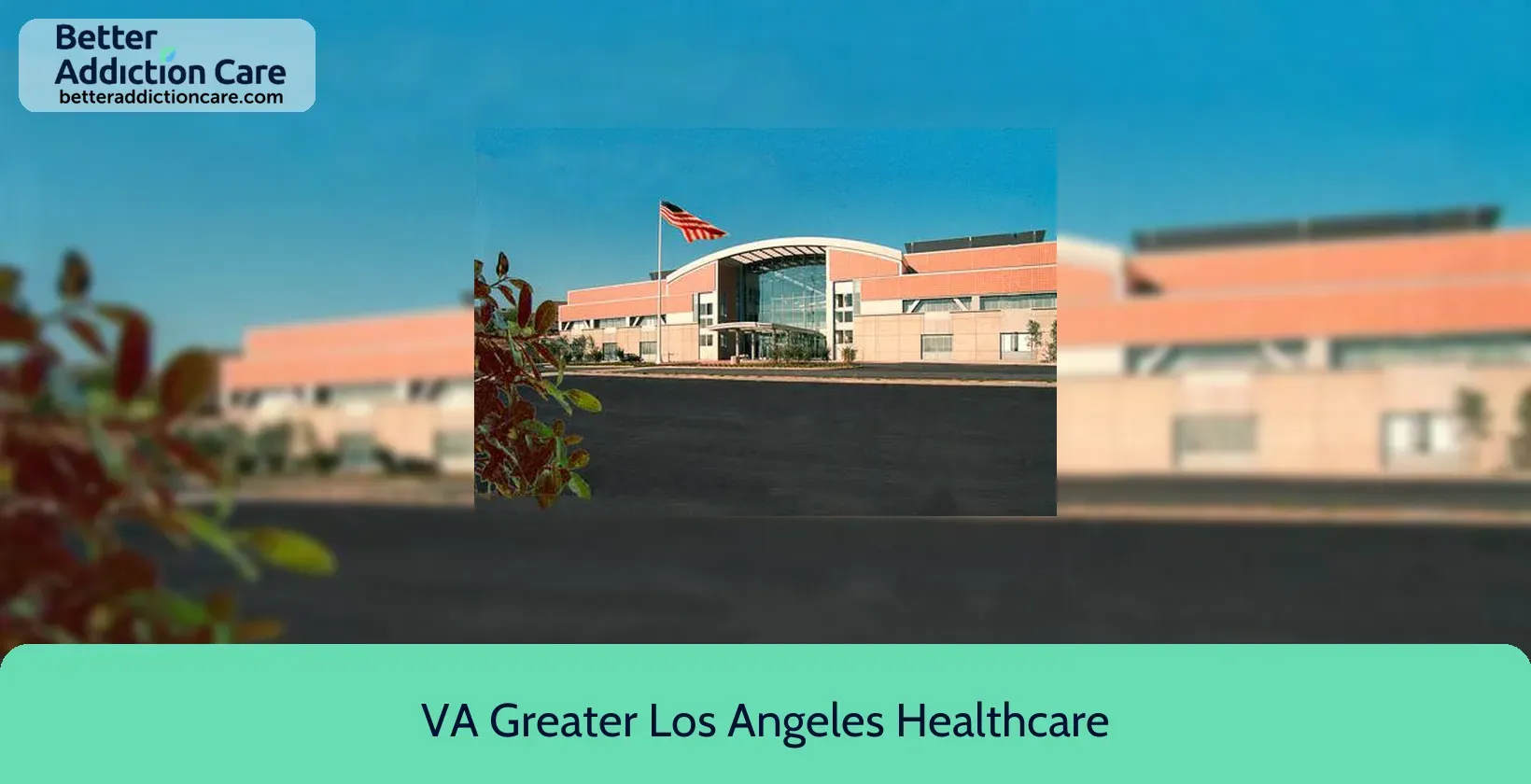
7.34
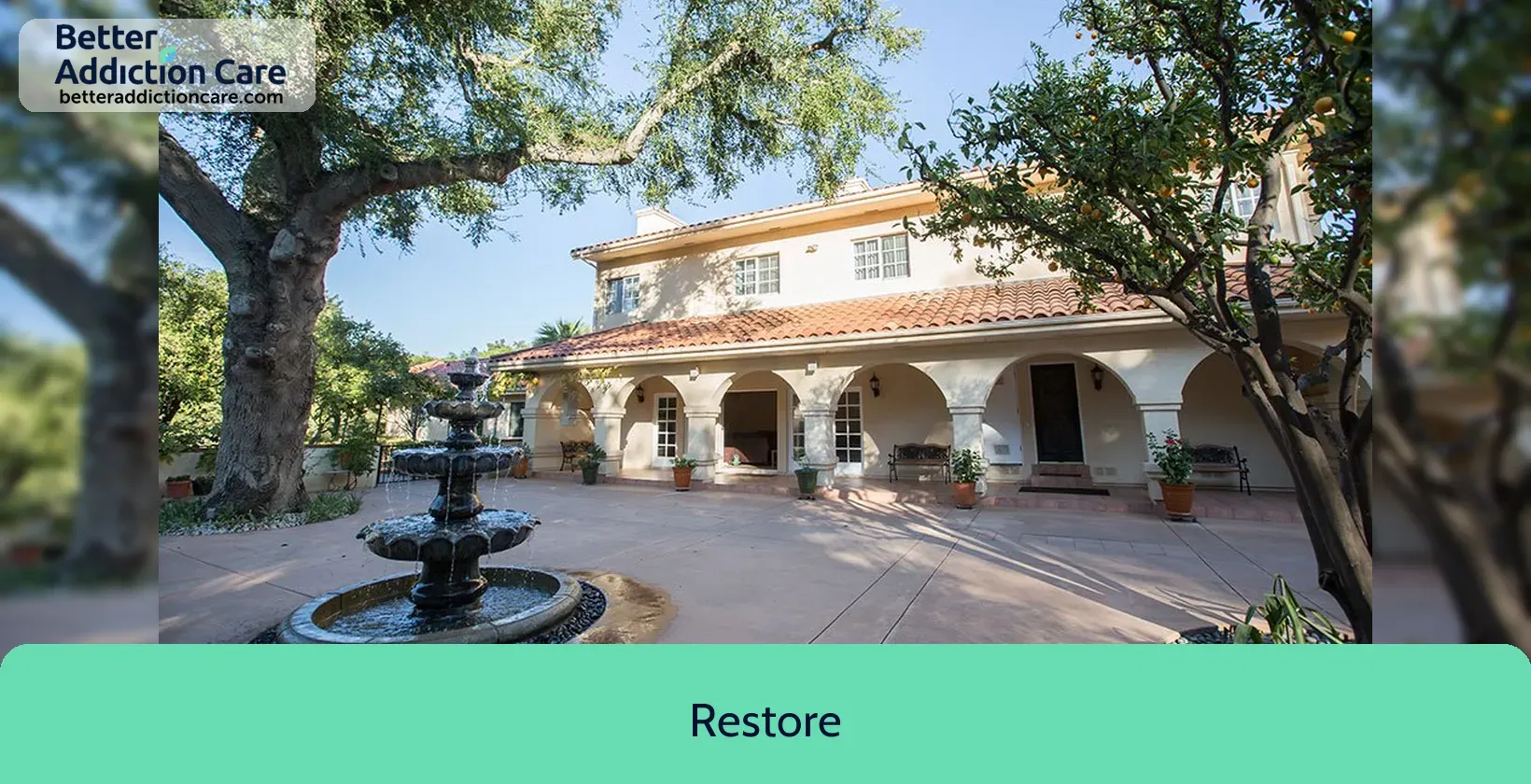
7.09
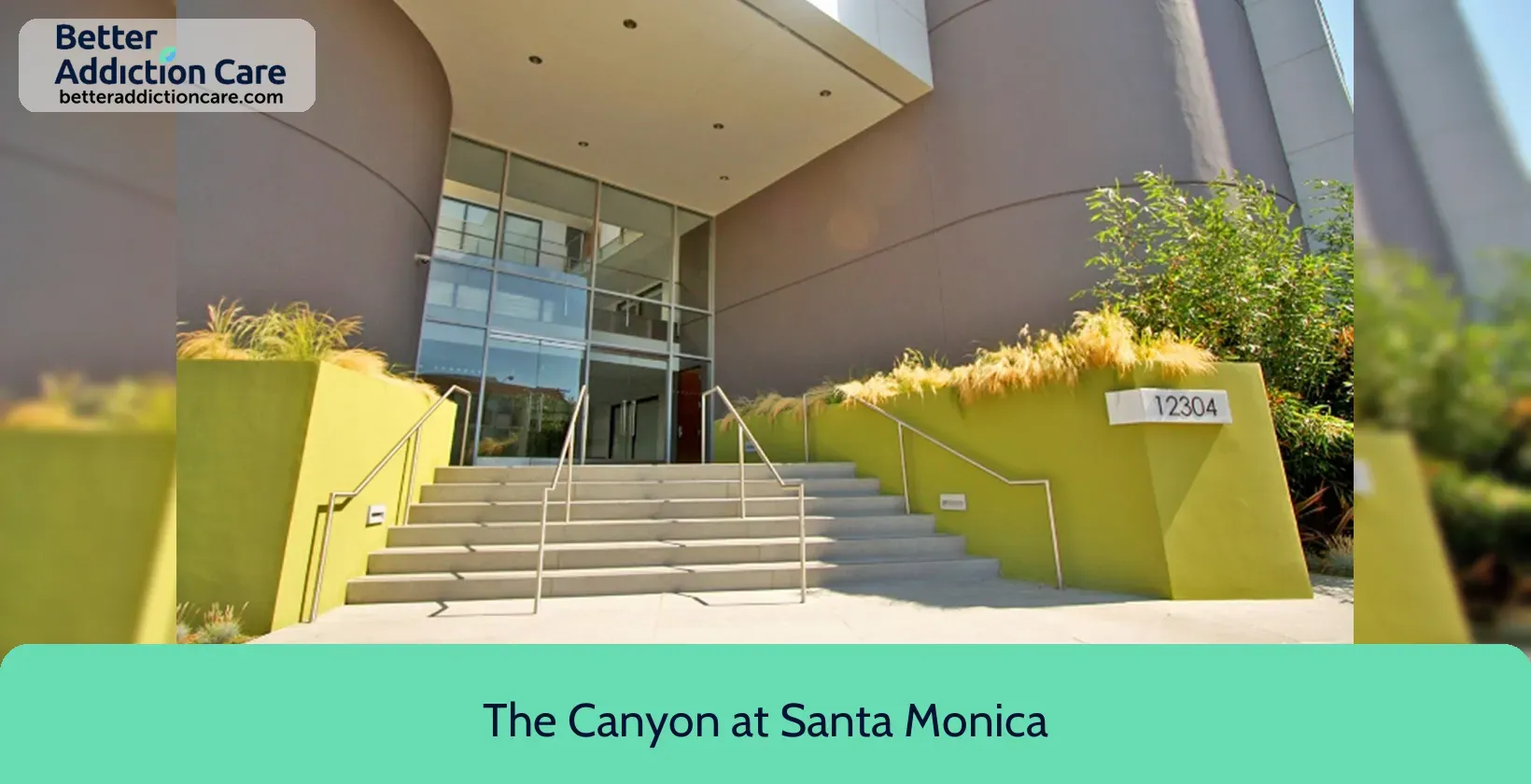
7.17
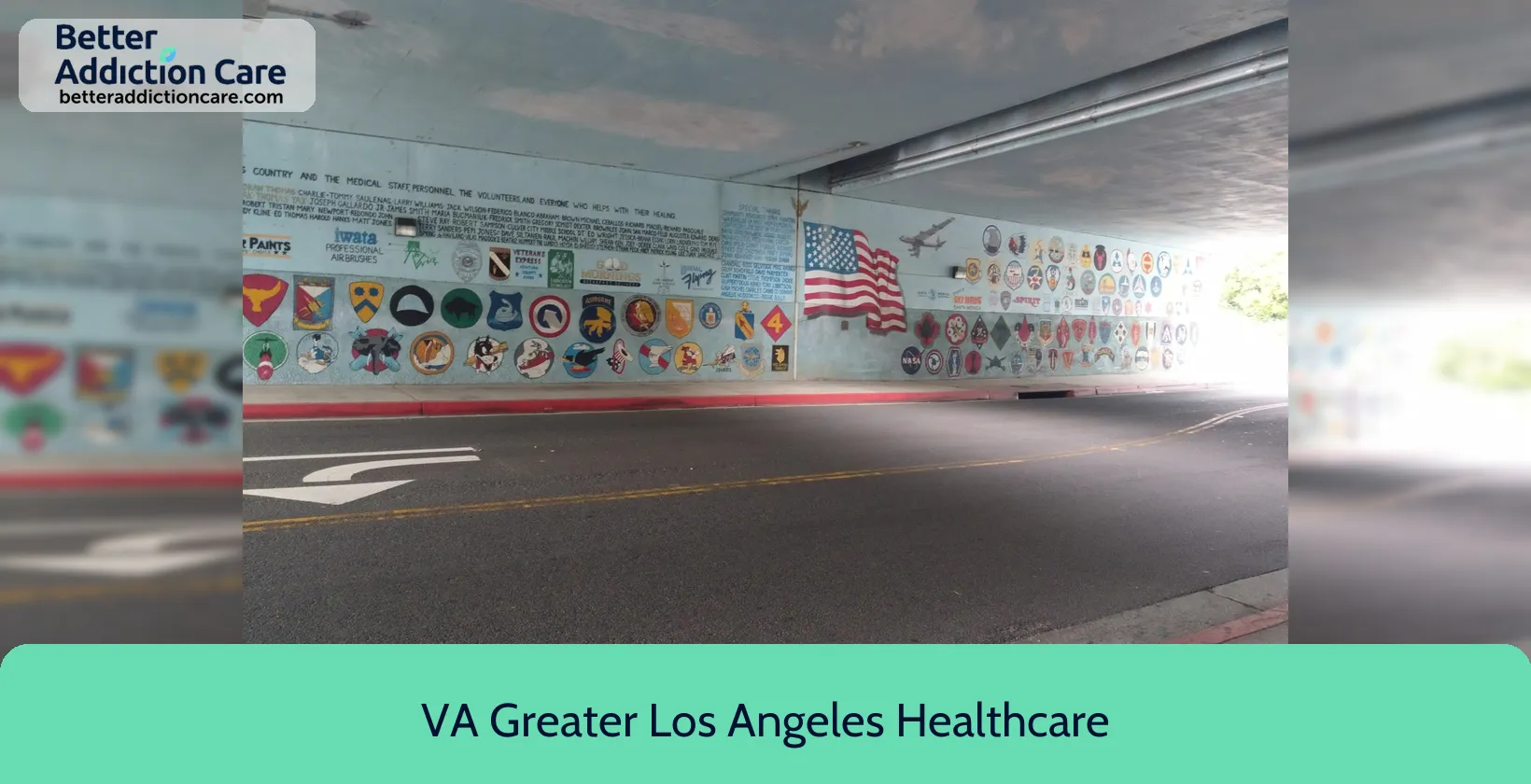
7.34

6.74
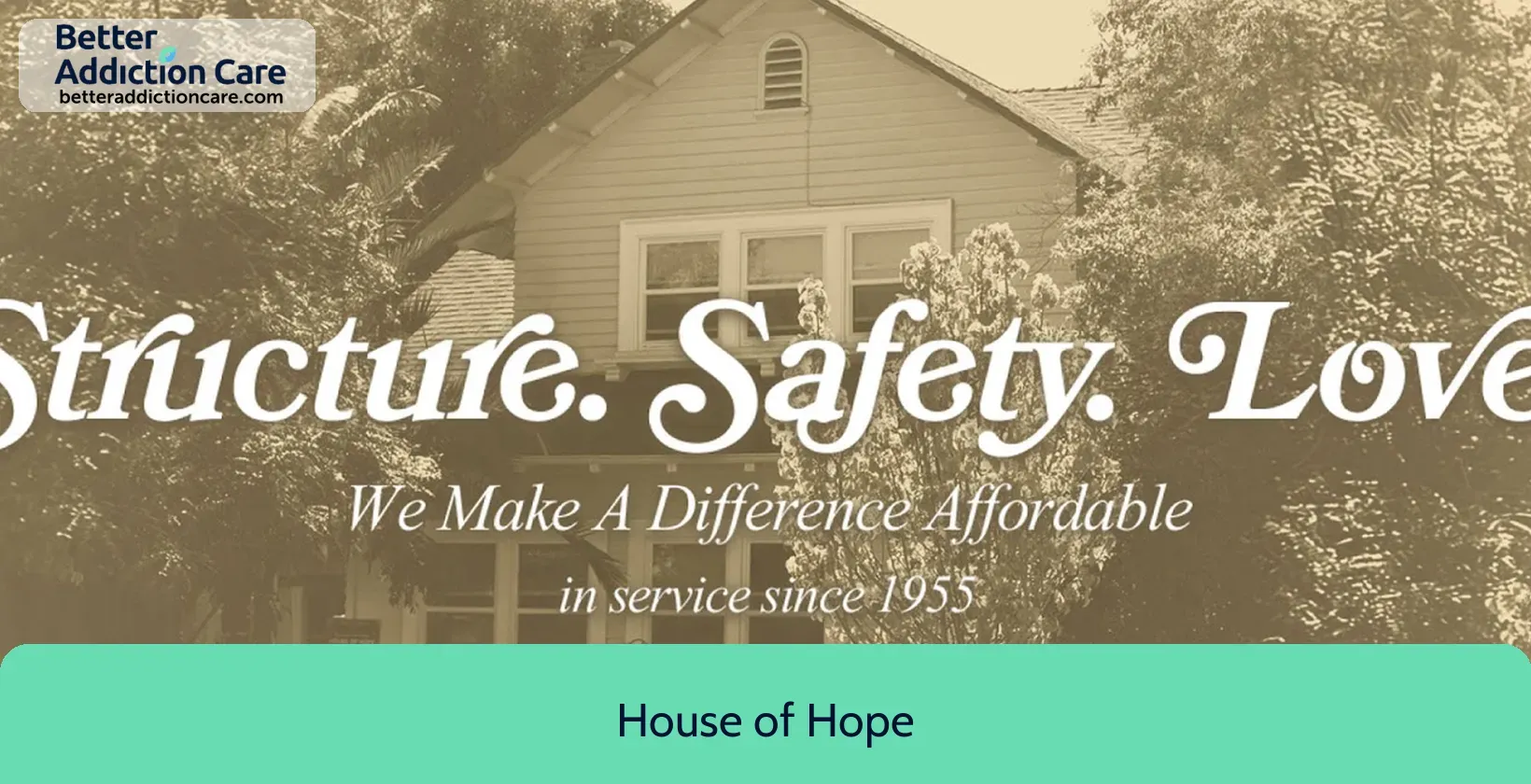
7.03
DISCLAIMER: The facility name, logo and brand are the property and registered trademarks of House of Hope, and are being used for identification and informational purposes only. Use of these names, logos and brands shall not imply endorsement. BetterAddictionCare.com is not affiliated with or sponsored by House of Hope.
